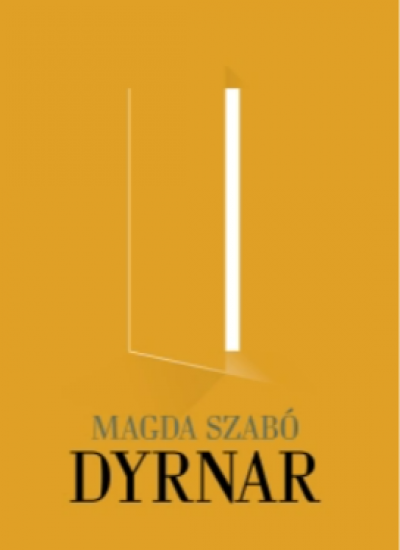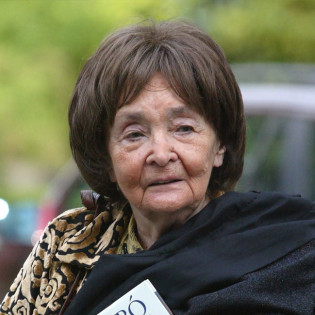The Door

The Door is an unsettling exploration of the relationship between two very different women. Magda is a writer, educated, married to an academic, public-spirited, with an on-again-off-again relationship to Hungary’s Communist authorities. Emerence is a peasant, illiterate, impassive, abrupt, seemingly ageless. She lives alone in a house that no one else may enter, not even her closest relatives. She is Magda’s housekeeper, and she has taken control over Magda’s household, becoming indispensable to her. And Emerence, in her way, has come to depend on Magda. They share a kind of love—at least until Magda’s long-sought success as a writer leads to a devastating revelation.

Magda Szabó (1917–2007) was born into an old Protestant family in Debrecen, Hungary’s “Calvinist Rome,” in the midst of the great Hungarian plain.
Szabó, whose father taught her to converse with him in Latin, German, English, and French, attended the University of Debrecen, studying Latin and Hungarian, and went on to work as a teacher throughout the German and Soviet occupations of Hungary in 1944 and 1945.
In 1947, she published two volumes of poetry, Bárány (The Lamb), and Vissza az emberig (Return to Man), for which she received the Baumgartner Prize in 1949. Under Communist rule, this early critical success became a liability, and Szabó turned to writing fiction: Her first novel, Freskó (Fresco), came out in 1958, followed closely by Az őz (The Fawn).
In 1959 she won the József Attila Prize, after which she went on to write many more novels, among them Katalin utca (Katalin Street, 1969), Ókút (The Ancient Well, 1970), Régimódi történet (An Old-Fashioned Tale, 1971), and Az ajtó (The Door, 1987). In 2015, the first American publication of The Door was named one of ten best books of the year by The New York Times Book Review.
Szabó also wrote verses for children, plays, short stories, and nonfiction, including a tribute to her husband, Tibor Szobotka, a writer and translator who died in 1982. A member of the European Academy of Sciences and a warden of the Calvinist Theological Seminary in Debrecen, Szabó died in the town in which she was born, a book in her hand.